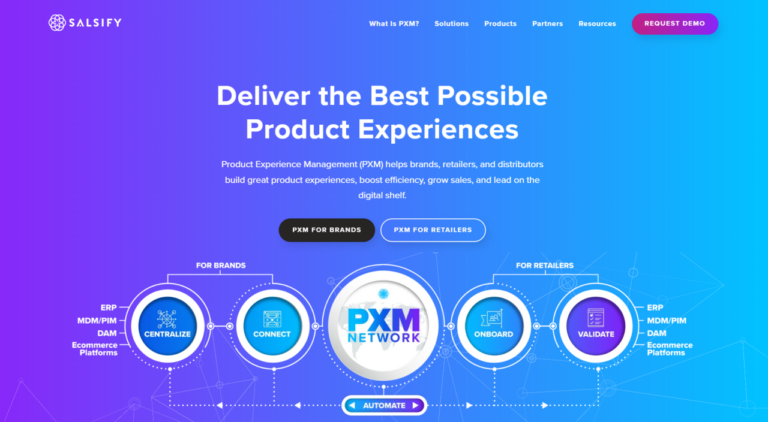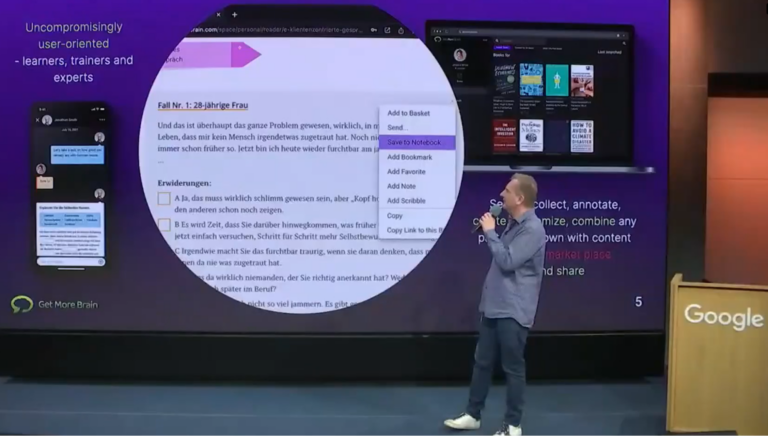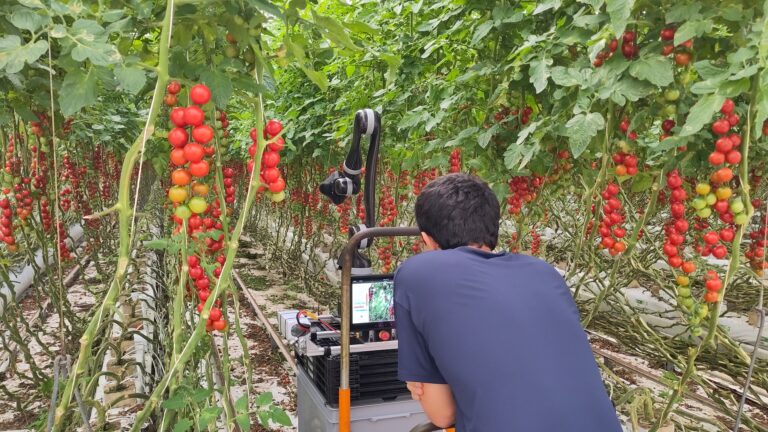Swiss-based FRENIC helps businesses go-to-market or design technology solutions that last and outperfom.
Vision is cited to be the worst sense to be fully lost. For most diseases, early diagnosis is key for effective medical treatment – such as for glaucoma which affects roughly 80 million people each year and can go unnoticed for many years with irreparable loss of vision until diagnosed. Periodic eye screening is needed but resource-intense and requires expensive and bulky analogous equipment – often yielding unreliable results.
Mounting a VR Headset
PeriVision, a Swiss startup, aims at changing this: by using their software, doctors can easily configure ready-made tests which patients then conduct in a self-contained way. All it needs is wearing a VR headset and following the test instructions of a virtual assistant. Once the testing has completed, doctors can easily analyze the results of their patients which are processed with the help of Artificial Intelligence (AI). Overall, this speeds up the screening process by up to 70% with better test consistency results and improved patient comfort.

Focus on the US and Swiss Market
PeriVision’s first product was exempt from more rigid clinical evaluation by the FDA, the US regulatory authority. This is good news as it opens doors for other countries that follow FDA approvals, such as Switzerland. More studies are currently conducted and scheduled for this year. Should they back the existing results then their technology has a good break-through potential: The US market is hungry for productivity-enhancing technologies and if PeriVision manages to partner with large optometrist chains like Costco or Walmart then this could fuel a rocket.
Competitive Edge in Data & AI
Apart from an attractive market and modest regulatory requirements, I particularly like that PeriVision performs tests with high accuracy at a solid time and cost advantage – productivity gains that health insurance companies will appreciate too. And there is AI as a key differentiator to “dinosaur” competitors such as “Zeiss”, notably a potential exit target. The team’s knowledge of how to apply AI to data will also be an important foundation for future product enhancements such as remote testing and individual prognosis of eye conditions.

Limited Test Coverage
On the flip-side, this is where competitors to PeriVision such as heru or Virtual Field have already more established products with broader test coverage that e.g. also includes acuity, color, contrast sensitivity, dark adaptation etc. While PeriVision has all the ambitions and also intends to improve the UX, broad test coverage is still rather far out for them, and they will need to fully focus on their go-to-market in early 2024 with glaucoma patients first. Luckily for them, the health care sector isn’t moving as fast as others so there is some time left to elect a VR leader.

Raising new Funds
PeriVision won the EIT Health Wild Card accelerator award in 2021 and received an Innosuisse research grant. They now plan to raise a bigger seed round by summer 2023, notably at a relatively lofty valuation. The funds will finance activities across the board with a particular focus on R&D for finishing the product. For bridging into that seed round, PeriVision seeks additional investors to participate with a convertible loan (CLA) totaling up to CHF 500k of which more than half is now secured already, closing in February 2023.
#ai #virtualreality #headset #swissmade #startup #eyecare
This article is a repost of a similar German version which was published on Swiss ICT news platform insideIT (5-Jan-2023). The article reflects Ramon’s personal opinion and shall not be construed as investment advice.



